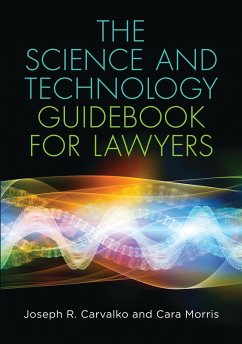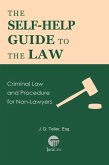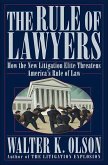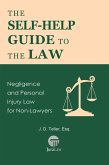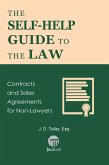Legal professionals, who work in areas where law, science, and technology converge, don't need a PhD to effectively represent their clients, but they do need a grounding in how science and technology are integrally related in today's society. Understanding how science works, what constitutes a valid science and its limitations, enables a lawyer to assess how a scientific discovery or technological innovation affects a client's interests. This book provides an easily understandable explanation of particular sciences and technologies by analyzing specific cases.
The book begins with a survey of the question "What is science?" through two different lenses-the scientist and the legal practitioner. Examples are drawn from forensic science to illustrate the importance of practicing good science, followed by a short treatise on the philosophy of science. Next, the text focuses on the important role that definition and interpretation play in framing the legal issues dependent on science and technology. Subsequent chapters cover:
In order to effectively represent a client's interests competently where law, science, and technology come together, a lawyer must be qualified to analyze techno-scientific information as if it were within his or her sphere of knowledge. This text lays the basis for achieving this important objective.
The book begins with a survey of the question "What is science?" through two different lenses-the scientist and the legal practitioner. Examples are drawn from forensic science to illustrate the importance of practicing good science, followed by a short treatise on the philosophy of science. Next, the text focuses on the important role that definition and interpretation play in framing the legal issues dependent on science and technology. Subsequent chapters cover:
- Forensics
- Estimating (statistics, distributions, variation, etc.)
- Science and technology policy (focusing on genetic engineering)
- Federal evidentiary standards
- Fourth Amendment and communications technology
- Forms of technology protection (Intellectual property, copyright, software technology, trademark and the internet)
- Patents and transformative technology
- Issues in biotechnology
- Economic and societal impacts when law, science, and technology converge
In order to effectively represent a client's interests competently where law, science, and technology come together, a lawyer must be qualified to analyze techno-scientific information as if it were within his or her sphere of knowledge. This text lays the basis for achieving this important objective.
Dieser Download kann aus rechtlichen Gründen nur mit Rechnungsadresse in A, D ausgeliefert werden.

